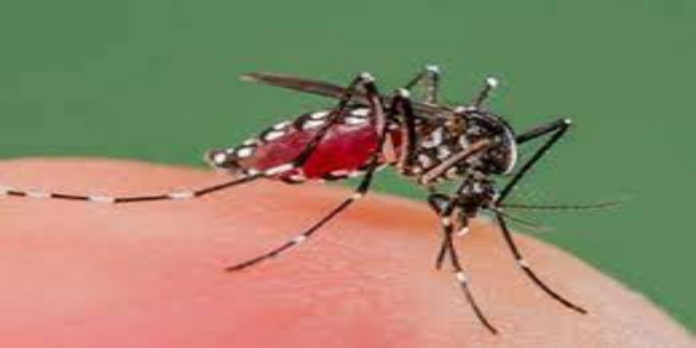KARACHI: Pakistan has been battling dengue fever since early this year, at a time when state resources have been spent on curbing the pandemic.
Data received by BOL News showed that in the last 24 hours, 66 new dengue cases have been reported in Sindh, of which 51 cases are from Karachi.
This season Sindh has exceeded 4774 so far while at least fifteen people have also died from the vector-borne disease, data showed.
The data said that Sindh reported 565 cases have been reported in November this year, 1864 cases in October and 603 cases reported in September.
Islamabad reports 45 cases during 24 hours
Data showed that during the last 24 hours, 45 new dengue cases have been reported in the federal capital.
According to the data, 28 new dengue cases have been reported in rural areas during the last 24 hours, bringing the total number in rural areas to 2451.
While 17 new cases of dengue have been reported in urban areas during the last 24 hours, bringing the total number of people infected with the dengue virus in urban areas to 1841.
Khyber Pakhtunkhwa reports 157 new cases
In Khyber Pakhtunkhwa, as many as 157 new dengue cases were reported in the province in the last 24 hours.
The new cases take the total number of dengue patients in the province to 8,977 out of which 102 are being treated in hospitals.
During the last 24 hours, 119 people were diagnosed with dengue in Peshawar while 244 patients have recovered.
What is dengue fever?
Dengue fever is a mosquito-borne viral infection that can become dangerous and even lead to death.
According to medical experts, it is more common in people with weakened immune systems and is caused by the bite of a female mosquito.
If a patient complains about high fever accompanied by its other symptoms, then dengue can be suspected.
Common mild symptoms of the disease include headache, vomiting and nausea, rash and inflammation of the glands. While persistent vomiting, severe abdominal pain, difficulty breathing, fatigue and bleeding from the gums are more severe signs.
Health experts say the illness spreads due to poor hygiene conditions, and heavy monsoon rain provides ideal conditions for dengue-carrying mosquitoes to thrive in stagnant waters.
